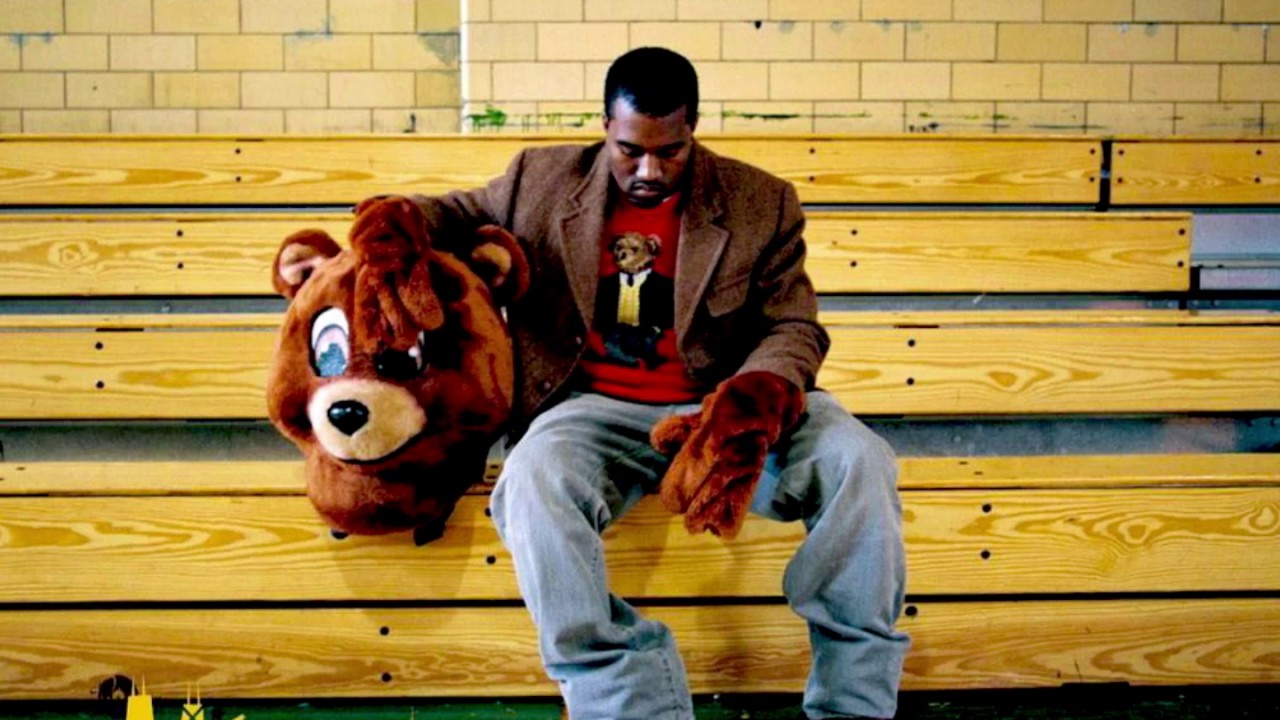Kanye West College Trilogy Sociological Video Essay: A Complete Breakdown
When it comes to hip-hop storytelling, few artists have created a body of work as culturally and socially layered as Kanye West’s College Trilogy. Spanning three iconic albums—The College Dropout (2004), Late Registration (2005), and Graduation (2007)—this trilogy serves as more than just music. It’s a sociological text that captures ambition, struggle, race, class, education, consumerism, and the American Dream through Kanye’s lens.
In this in-depth sociological video essay, we’ll analyze how each album reflects broader social issues, what themes Kanye explored, and why his trilogy still matters today.
What Is the College Trilogy?
Kanye West’s College Trilogy refers to his first three studio albums, all of which are tied together by themes of education, institutional pressure, and personal ambition.
Albums in the Trilogy
- The College Dropout (2004) – Kanye’s breakthrough, challenging educational and societal expectations.
- Late Registration (2005) – A deeper look at class, materialism, and systemic inequalities.
- Graduation (2007) – A triumphant yet bittersweet finale, reflecting success, fame, and disillusionment.
These albums are more than entertainment—they represent a generational voice questioning authority, celebrating individuality, and wrestling with contradictions.
The Sociological Relevance of Kanye’s Work
Kanye West’s College Trilogy is essentially a sociological commentary in music form. His lyrics and production highlight real-world struggles faced by young people, especially Black Americans navigating systems of inequality.
Key Sociological Themes
- Education vs. Success: Challenging the notion that college is the only path.
- Race and Identity: Reflecting the Black experience in America.
- Class Struggles: Consumerism, wealth inequality, and aspirations.
- The American Dream: Opportunity versus systemic barriers.
- Cultural Capital: Redefining success outside traditional institutions.
The College Dropout: Breaking Expectations
Released in 2004, The College Dropout was revolutionary because it went against the mainstream hip-hop narrative of gangsta rap dominance. Instead, Kanye positioned himself as a “regular guy” with everyday struggles, insecurities, and aspirations.
Sociological Insights
- Critique of Higher Education: Kanye questioned why success was tied to a degree.
- Work and Labor: He explored the tension between wage labor and creative ambition.
- Religion and Morality: Songs like “Jesus Walks” showed the role of faith in identity.
- Race and Opportunity: He rapped about limited opportunities for Black youth despite hard work.
Impact on Society
The College Dropout resonated with millions who felt disconnected from traditional success routes, giving them permission to define success on their own terms.
Late Registration: Class Struggles and Consumerism
In 2005, Kanye released Late Registration, which built on the themes of his debut but expanded with darker, orchestral production and deeper societal critiques.
Sociological Insights
- Wealth Inequality: Songs like “Gold Digger” examined transactional relationships and economic survival.
- Institutional Racism: Kanye pointed to systemic oppression and how wealth doesn’t erase prejudice.
- Consumer Culture: Tracks explored the obsession with luxury brands as a way to signal status.
- Healthcare and Poverty: Lyrics referenced medical struggles and the cost of survival in America.
Why It Matters
This album showed Kanye evolving into a social critic, combining personal narrative with broader societal commentary, making it a rich subject for sociological analysis.
Graduation: Fame, Success, and Disillusionment

By 2007, Kanye West had become one of the biggest artists in the world. Graduation was brighter, electronic, and stadium-ready, but beneath the celebratory sound were deeper commentaries.
Sociological Insights
- Alienation of Fame: Success brought isolation and conflict.
- Globalization of Hip-Hop: Kanye blended electronic and international sounds, reflecting cultural shifts.
- Education vs. Real-World Knowledge: Graduation here wasn’t just about school—it symbolized growth, change, and independence.
- Generational Tension: The album captured the rise of a new generation, hungry for change but still bound by consumerism.
Legacy of Graduation
This album symbolized Kanye’s transition from a relatable everyman to a global superstar. The sociological message? Success doesn’t necessarily solve systemic problems—it just changes the arena.
Kanye West as a Sociological Storyteller
Across all three albums, Kanye crafted not just personal stories but social narratives. His music reflects Pierre Bourdieu’s concepts of cultural and social capital, Karl Marx’s critique of class struggles, and W.E.B. Du Bois’ double consciousness of being Black in America.
Examples of Sociological Connections
- Bourdieu (Cultural Capital): Kanye used fashion, art, and music to redefine elite culture.
- Marx (Class Struggle): His lyrics addressed labor, exploitation, and wealth inequality.
- Du Bois (Double Consciousness): Kanye often explored the tension between being Black and being American.
Reception and Cultural Impact
The College Trilogy not only defined Kanye’s career but also reshaped hip-hop. It showed that rap could be intellectual, emotional, and socially aware without losing commercial appeal.
Public Reaction
- Millions related to the theme of rejecting traditional institutions.
- Academics and critics praised Kanye for weaving social commentary into popular music.
- The trilogy influenced a generation of artists to embrace vulnerability and authenticity.
Lessons from the Trilogy for Today
Even years later, the sociological relevance of Kanye’s College Trilogy remains strong. Young people continue to question the value of higher education, battle systemic inequalities, and search for meaning in consumer-driven societies.
Modern Relevance
- Rising student debt echoes Kanye’s critique of the college system.
- Consumerism has only intensified with social media influence.
- Race and systemic inequality remain central issues in America.
Frequently Asked Questions About Kanye’s College Trilogy
Why is it called the College Trilogy?
Because all three albums revolve around themes of education, growth, and self-discovery.
Which album is considered the most socially critical?
Late Registration often gets recognition for its deeper critiques of class and systems.
Is Kanye the only artist to create a sociological trilogy?
While other artists address social issues, Kanye’s trilogy stands out for its clear narrative arc.
How does the trilogy connect to sociology?
It reflects real-world issues of race, class, education, and consumer culture.
What makes the trilogy timeless?
Its themes remain relevant across generations, especially for young people navigating modern society.
Final Thoughts on Kanye West’s College Trilogy
Kanye West’s College Trilogy is more than music—it’s a sociological case study. Across The College Dropout, Late Registration, and Graduation, he captured the hopes, struggles, and contradictions of a generation. From critiquing education systems to unpacking race, class, and consumerism, Kanye created a body of work that still resonates nearly two decades later.
His trilogy is not just an artistic achievement but a sociological essay in sound. Whether you’re a fan, a student, or a cultural critic, revisiting these albums offers a deeper understanding of both Kanye and the society he reflects.






